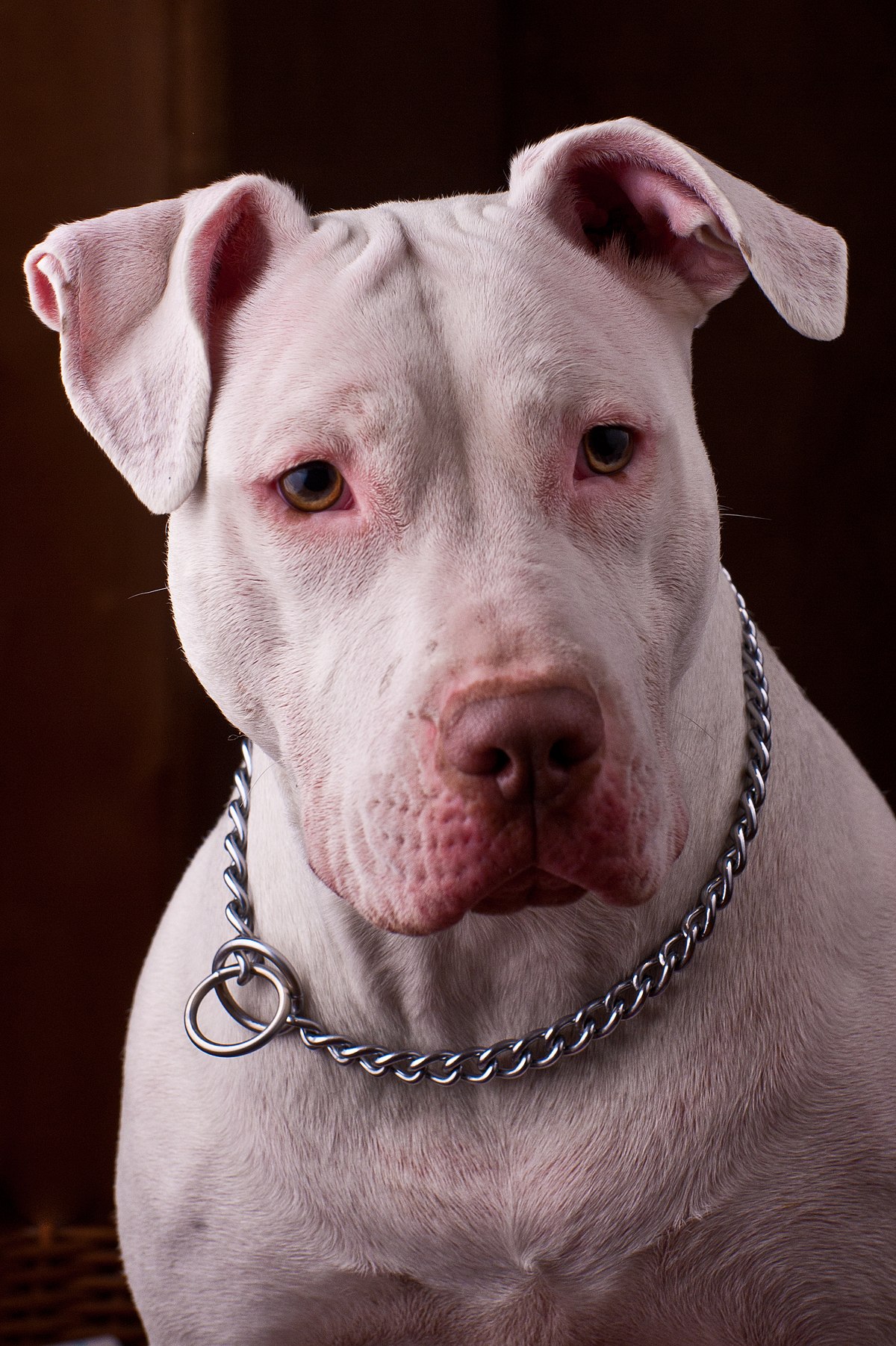Understanding Pitbulls: A Comprehensive Guide
Pitbulls are a popular, yet often misunderstood breed of dog. Their reputation varies widely, with some viewing them as dangerous and aggressive, while others see them as loyal and loving companions. In this article, we will delve into the world of pitbulls, exploring their history, characteristics, and care requirements. By understanding this breed better, we can help dispel myths and promote responsible ownership.
The term "pitbull" often refers to several breeds, including the American Pit Bull Terrier, American Staffordshire Terrier, and Staffordshire Bull Terrier. This article will provide a detailed overview of these breeds, their unique traits, and what to consider if you're thinking about bringing one into your home.
With an emphasis on expertise, authoritativeness, and trustworthiness, we aim to provide accurate and comprehensive information about pitbulls. This guide is perfect for potential owners, existing pitbull lovers, and anyone interested in learning about these dogs.
Table of Contents
- 1. The History of Pitbulls
- 2. Characteristics of Pitbulls
- 3. Caring for Your Pitbull
- 4. Training Your Pitbull
- 5. Health Considerations for Pitbulls
- 6. Myths and Misconceptions
- 7. Adopting a Pitbull
- 8. Conclusion
1. The History of Pitbulls
Pitbulls have a rich and complex history that dates back to the early 19th century. Originally bred for bull-baiting, these dogs were valued for their strength and tenacity. After bull-baiting was banned, they were often used as farm dogs, helping to control vermin and protect livestock.
Over the years, pitbulls became popular in various roles, including as family pets and service dogs. Their loyalty and intelligence made them suitable companions for many families. However, the breed's history has also led to a controversial reputation, often associated with aggression and fighting. Understanding their historical context is essential to appreciating the breed today.
Key Historical Facts
- Bred in the 1800s for bull-baiting and farm work.
- Transitioned to family pets and service dogs over the years.
- Controversial reputation due to involvement in dog fighting.
2. Characteristics of Pitbulls
Pitbulls are known for their muscular build, strong jaws, and high energy levels. They are medium-sized dogs that exhibit a range of physical traits, depending on their specific breed type.
Physical Traits
- Weight: Typically between 30 to 85 pounds.
- Height: Ranges from 17 to 21 inches at the shoulder.
- Coat: Short, smooth, and comes in various colors.
Temperament
Despite their reputation, pitbulls are known for their affectionate and loyal nature. They thrive on human interaction and require socialization from an early age. With proper training and care, they can be gentle, loving companions.
3. Caring for Your Pitbull
Caring for a pitbull involves understanding their physical and emotional needs. Regular exercise, a balanced diet, and mental stimulation are crucial for their well-being.
Exercise Needs
- Daily walks: At least 30-60 minutes of exercise.
- Playtime: Engaging in fetch or tug-of-war.
- Mental stimulation: Puzzle toys or training sessions.
Feeding Guidelines
Providing a balanced diet is essential to maintain a pitbull's health. Consult with a veterinarian to determine the right food and portion sizes based on age, weight, and activity level.
4. Training Your Pitbull
Training is vital for pitbulls to ensure they are well-behaved and socialized. Positive reinforcement methods are the most effective approach for this breed.
Basic Commands
- Sit
- Stay
- Come
Socialization
Early socialization with other dogs and people can help prevent behavioral issues. Expose your pitbull to various environments, sounds, and experiences to build their confidence.
5. Health Considerations for Pitbulls
Like all breeds, pitbulls are prone to specific health issues. Regular veterinary check-ups and a healthy lifestyle can help prevent many common problems.
Common Health Issues
- Hip dysplasia
- Allergies
- Skin issues
Preventive Care
Regular vaccinations, dental care, and maintaining a healthy weight are essential for keeping your pitbull healthy.
6. Myths and Misconceptions
There are many myths surrounding pitbulls that contribute to their negative reputation. It's essential to separate fact from fiction to understand this breed better.
Common Myths
- Myth: Pitbulls are inherently aggressive.
- Myth: Pitbulls cannot be trained.
- Myth: Pitbulls are not good family pets.
Understanding the Truth
Studies show that a dog's behavior is primarily influenced by training, socialization, and environment rather than its breed. Properly trained and socialized pitbulls can be wonderful companions.
7. Adopting a Pitbull
If you're considering adopting a pitbull, it's crucial to choose a reputable shelter or rescue organization. Many pitbulls are in need of loving homes.
What to Look For in a Shelter
- Transparency about the dog's behavior and history.
- Support and resources for new owners.
- Commitment to responsible breeding and adoption practices.
Preparing for Your New Pitbull
Before bringing a pitbull home, ensure your living space is safe and welcoming. Invest in essential supplies, such as a sturdy leash, collar, food, and water bowls, and a comfortable bed.
8. Conclusion
In conclusion, pitbulls are a unique breed with a rich history and a loyal temperament. By understanding their characteristics, care needs, and the myths surrounding them, we can promote responsible ownership and appreciation for this often-misunderstood breed. If you're considering adopting a pitbull, make sure to do thorough research and prepare adequately for their arrival.
We encourage readers to share their thoughts and experiences with pitbulls in the comments below. If you found this article informative, please consider sharing it with others or exploring more articles on our site about dog care and training!
Thank you for reading, and we hope to see you again soon!
Mongol Names: A Comprehensive Guide To Their History, Meaning, And Significance
Unveiling Jamie CBS: The Rising Star Of Broadcast Journalism
Teddy Montgomery: The Intriguing Life Of A Fictional Character


